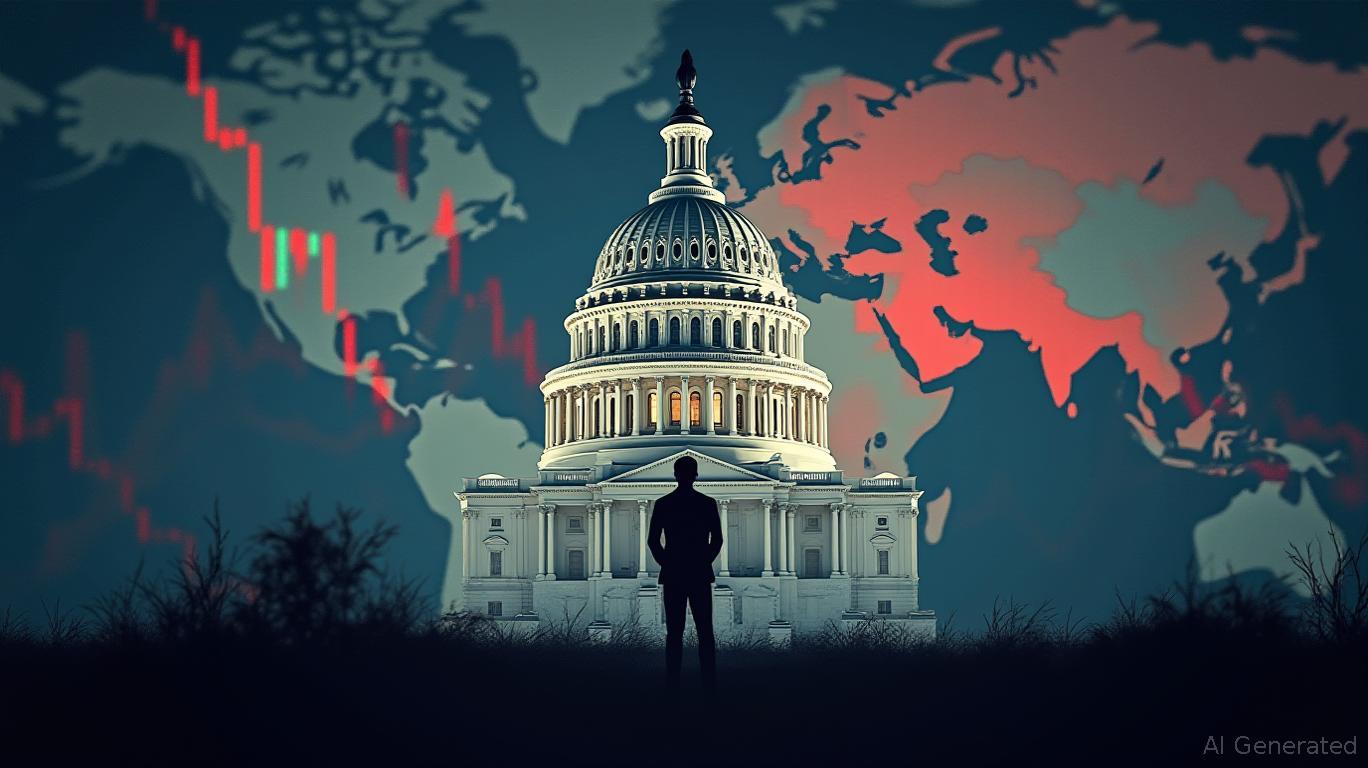Video: Stocks Sink as Trump-Iran Rhetoric, Senate Tax Bill Rattle Markets
U.S. stocks closed sharply lower Tuesday, June 17, as investors contended with a volatile mix of geopolitical tensions and domestic policy uncertainty, sending the major indexes broadly into the red.T

U.S. stocks closed sharply lower Tuesday, June 17, as investors contended with a volatile mix of geopolitical tensions and domestic policy uncertainty, sending the major indexes broadly into the red.
The Dow Jones Industrial Average shed 299.29 points, or 0.70%, to close at 42,215.8. The S&P 500 declined 50.39 points, or 0.84%, to finish at 5,982.72, while the Nasdaq Composite fell 180.12 points, or 0.91%, to 19,521.1. The Russell 2000 underperformed, dropping 1.05%.
Market sentiment soured in the final hours of trading following President Donald Trump’s aggressive remarks on Iran. Speaking after the G7 summit, Trump contradicted U.S. intelligence assessments and declared, “I think they [Iran] were very close to having [a nuclear bomb],” aligning himself with Israel’s more dire threat outlook.
The escalation in rhetoric came amid a Wall Street Journal report that Israeli intelligence had detected Iran working on a trigger mechanism suitable for a nuclear weapon. Trump amplified this position in a Truth Social post, stating, “We know exactly where the so-called ‘Supreme Leader’ is hiding... Our patience is wearing thin. UNCONDITIONAL SURRENDER!”

These developments injected fresh geopolitical risk into markets already grappling with macroeconomic concerns.
On the policy front, investors also reacted to proposed revisions in the Senate's reconciliation bill. The updated legislation, led by Senate Finance Committee Chairman Mike Crapo (R-ID), scales back tax incentives for solar and wind energy, proposing a phaseout of key credits starting in 2026. That’s a full six years earlier than current law under the Inflation Reduction Act.
The abrupt change rattled clean energy stocks and raised broader concerns about policy consistency. While energy storage, geothermal, and nuclear sectors are spared under the Senate draft, solar companies like Sunrun and Enphase saw sharp losses early in the session. The Solar Energy Industries Association warned the proposal “pulls the plug on homegrown solar,” while the American Clean Power Association called it a “job-killer”.
Market breadth further underscored investor anxiety: declining stocks outnumbered advancers nearly 3-to-1 on the NYSE, and new lows outpaced new highs by a significant margin.
Retail sales data added to the gloomy tone. The Commerce Department reported a 0.9% drop in May retail sales—the largest monthly decline since March 2024—raising questions about the strength of consumer demand heading into the summer.
Despite the headline softness, some analysts noted that core retail sales (excluding autos, gas, and food services) rose 0.4%, suggesting consumption isn’t collapsing. Still, major retailers like Walmart remained under pressure, with its stock marking a ninth straight daily loss.
All told, Tuesday’s selloff reflects a market grappling with uncertainty on multiple fronts—from Iran and Israel to tax legislation and consumer resilience. As Washington wrangles over fiscal policy and global tensions simmer, volatility is likely to persist. Investors hoping for clarity may have to wait until the political dust settles.
Disclaimer: The views in this article are from the original Creator and do not represent the views or position of Hawk Insight. The content of the article is for reference, communication and learning only, and does not constitute investment advice. If it involves copyright issues, please contact us for deletion.